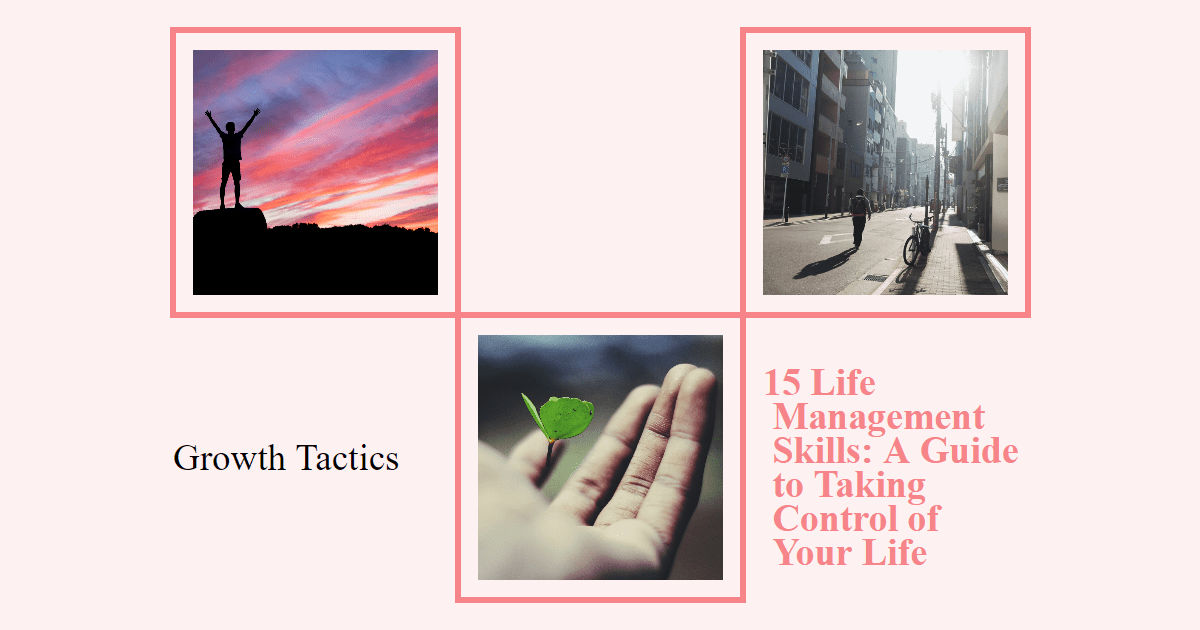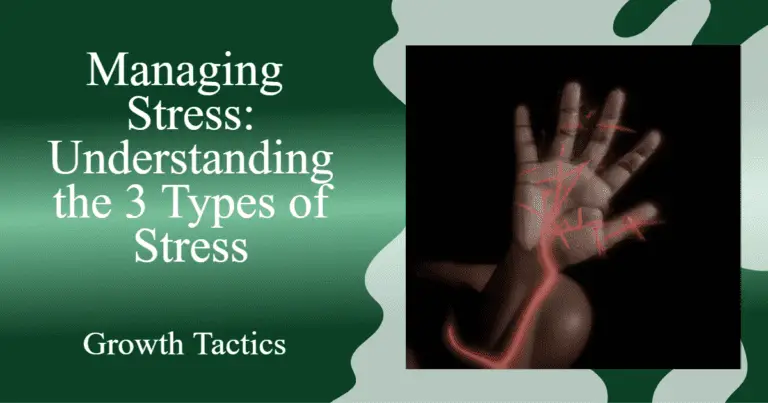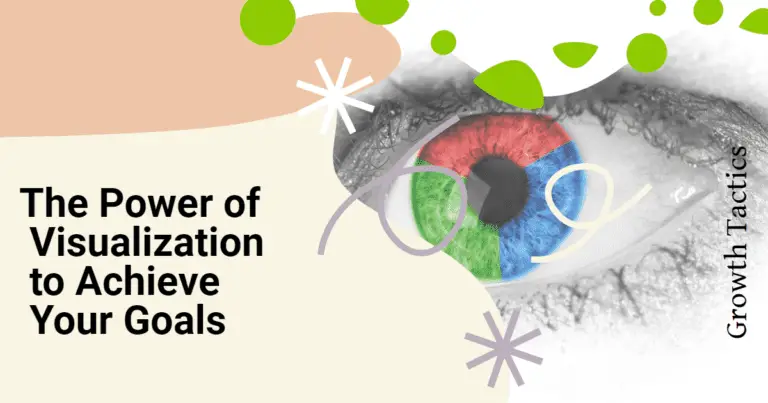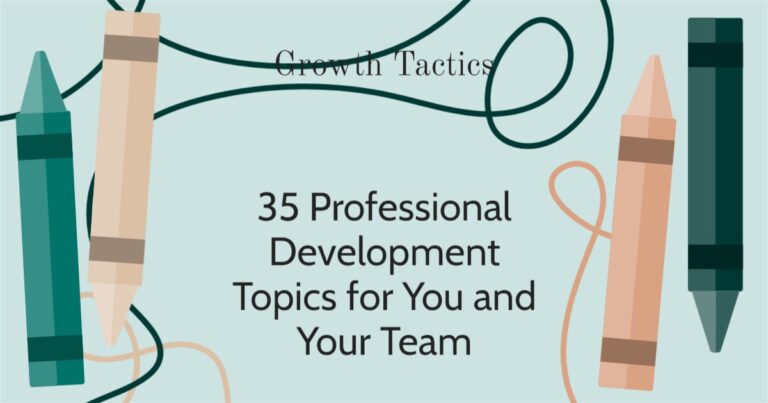Are you looking to improve your life management skills and take control of your day-to-day activities? Well, you’ve come to the right place! In this article, we’ll explore the importance of life management skills and provide practical tips to help you manage your life effectively. Get ready to enhance your productivity, reduce stress and anxiety, and achieve your goals with ease. Let’s dive in!
Jump To Section
What are Life Management Skills?
Life management skills encompass a range of abilities that enable individuals to effectively navigate and organize their lives. These skills include time management, goal setting, task management, and stress management, among others. By honing these skills, you can optimize your productivity, make better use of your time, and achieve a better work-life balance.
Why are Life Management Skills Important?
Life management skills are crucial because they allow you to take control of your life and create a sense of structure. By mastering these skills, you can prioritize your tasks, accomplish your goals, and reduce stress and anxiety. Additionally, developing these skills helps you become more self-aware, make better decisions, and effectively manage your reactions to events.
How to Manage Your Life Effectively
Here are 15 essential life management skills that will help you navigate your day-to-day life effectively:
Time Management
Being able to prioritize tasks, set deadlines, and allocate your time wisely is crucial for productivity and achieving your goals. Effective time management allows you to make the most of each day and reduce stress.
Goal Setting
Setting clear, specific, and achievable goals provides you with a sense of direction and purpose. It helps you stay motivated and focused, leading to increased success and personal growth.
Organizational Skills
Strong organizational skills enable you to keep track of your responsibilities and commitments. From decluttering your physical space to creating systems for managing information, staying organized saves you time and reduces overwhelm.
Stress Management
Life can be filled with stressors, both big and small. Developing effective strategies to manage stress, such as practicing mindfulness, engaging in relaxation techniques, and seeking support, is essential for maintaining your well-being.
Decision-making Skills
Being able to make informed and confident decisions is crucial for progress and personal growth. Improve your decision-making skills by gathering information, considering alternatives, and weighing the pros and cons.
Communication Skills
Effective communication is key to building healthy relationships, whether personal or professional. Develop your listening, speaking, and interpersonal skills to express yourself clearly and connect with others.
Problem-solving Skills
Life is filled with challenges, and the ability to identify problems and find creative solutions is essential. Enhance your problem-solving skills by developing a systematic approach and thinking outside the box.
Emotional Intelligence
Understanding and managing your emotions, as well as recognizing and empathizing with others, lays the foundation for healthy relationships and effective communication. Cultivate your emotional intelligence to navigate social dynamics and enhance your well-being.
Self-discipline
Self-discipline is the ability to stay focused on your goals, resist distractions, and consistently follow through on your commitments. Strengthening your self-discipline allows you to overcome obstacles and achieve long-term success.
Adaptability
Life is subject to constant change, and the ability to adapt and adjust to new circumstances is vital. Cultivate flexibility and open-mindedness to navigate unexpected challenges and embrace new opportunities.
Financial Management
Managing your finances responsibly allows you to meet your needs, achieve financial goals, and reduce stress. Develop skills such as budgeting, saving, and smart spending habits to ensure financial well-being.
Self-care
Taking care of your physical, mental, and emotional well-being is fundamental for overall life satisfaction. Prioritize self-care activities, such as exercise, adequate sleep, relaxation, and pursuing hobbies, to maintain balance and prevent burnout.
Networking Skills
Building and nurturing a strong network can provide valuable opportunities and support throughout your life. Enhance your networking skills by actively engaging with others, cultivating mutually beneficial relationships, and maintaining professional connections.
Conflict Resolution
Conflict is a natural part of life, and having the skills to resolve conflicts peacefully and constructively is essential for maintaining healthy relationships. Develop techniques for effective communication, active listening, and negotiation to address conflicts positively.
These 15 life management skills are foundational tools that, when honed and practiced, can positively impact every aspect of your life. Whether it’s managing your time, setting and achieving goals, or navigating relationships, acquiring and refining these skills will empower you to live a more organized, fulfilling, and successful life. So, let’s start working on mastering these skills, one step at a time!
Improving Your Life with Life Management Skills
By enhancing your life management skills, you can experience significant improvements in various aspects of your life. From personal development to health and well-being, here’s how these skills can positively impact your life:
- Achieve your personal goals and lead a more fulfilling life.
- Improve your time and money management skills, saving both time and resources.
- Enhance your social life by balancing your personal and professional commitments.
- Develop better coping skills to deal with life’s challenges and reduce stress and anxiety.
- Improve your overall health by incorporating skills that enhance physical and mental well-being.
- Learn new skills and expand your knowledge to unlock new opportunities.
The Power of Holistic Life Management
This approach focuses on nurturing all aspects of your well-being, including your physical, mental, and emotional health, as well as your relationships, personal growth, and overall sense of purpose. By taking a holistic approach to managing your life, you can achieve a harmonious balance that will lead to a more fulfilling and joyful existence.
Embracing a Multidimensional Perspective
When we talk about holistic life management, we’re not just looking at one isolated area of our lives. Instead, we recognize that everything is interconnected, and each aspect of our well-being influences others. By adopting a multidimensional perspective, we can see the bigger picture and make more intentional choices in our lives.
Cultivating Mind-Body Connection
One essential aspect of holistic life management is nurturing the mind-body connection. This means paying attention to both our mental and physical health and understanding how they impact each other. Engaging in regular exercise, eating nourishing foods, and practicing mindfulness or meditation techniques can help us achieve a greater sense of well-being and alignment.
Prioritizing Self-Care
In the hustle and bustle of our modern lives, self-care often takes a backseat. However, practicing self-care is crucial for maintaining our overall well-being. Whether it’s carving out time for relaxation, pursuing hobbies, or simply taking a few moments each day to check in with ourselves, self-care allows us to recharge and show up as our best selves in all areas of life.
Building Resilience
Life can throw unexpected challenges our way, and building resilience is key to navigating these inevitable ups and downs. By developing a strong support network, practicing stress management techniques, and cultivating a positive mindset, we can bounce back from adversity and continue moving forward.
Creating Meaningful Relationships
Human connections are an essential part of a fulfilling life. By prioritizing our relationships and fostering meaningful connections, we not only feel a sense of belonging but also gain support and perspective from others. Actively listening, practicing empathy, and maintaining open communication are key to building and nurturing these valuable relationships.
Aligning with Core Values
Living in alignment with our core values is essential for a fulfilling and purposeful life. When our actions and choices align with what truly matters to us, we experience a deeper sense of fulfillment and satisfaction. Take the time to identify your core values and make decisions that honor them – this will guide you toward a life that feels more authentic and meaningful.
Embracing Continuous Growth
Holistic life management is an ongoing journey of self-discovery and growth. It’s about recognizing that we are ever-evolving beings and embracing opportunities for learning and development. By challenging ourselves, seeking new experiences, and stepping outside of our comfort zones, we can expand our horizons and unlock our full potential.
So, my friend, if you’re ready to harness the power of holistic life management, remember to nurture all aspects of your well-being, cultivate meaningful relationships, embrace self-care, align with your core values, and continue growing. By taking a holistic approach to managing your life, you can create a harmonious and fulfilling existence that brings you joy and satisfaction. Start today and embark on a journey towards a more balanced and vibrant life!
In Summary
Remember, life management is a constant work in progress. It’s about making small adjustments, learning from experiences, and finding what works best for you. Start implementing the tips and strategies mentioned in this article, and watch as your life becomes more organized, productive, and enjoyable. You’ve got this!








